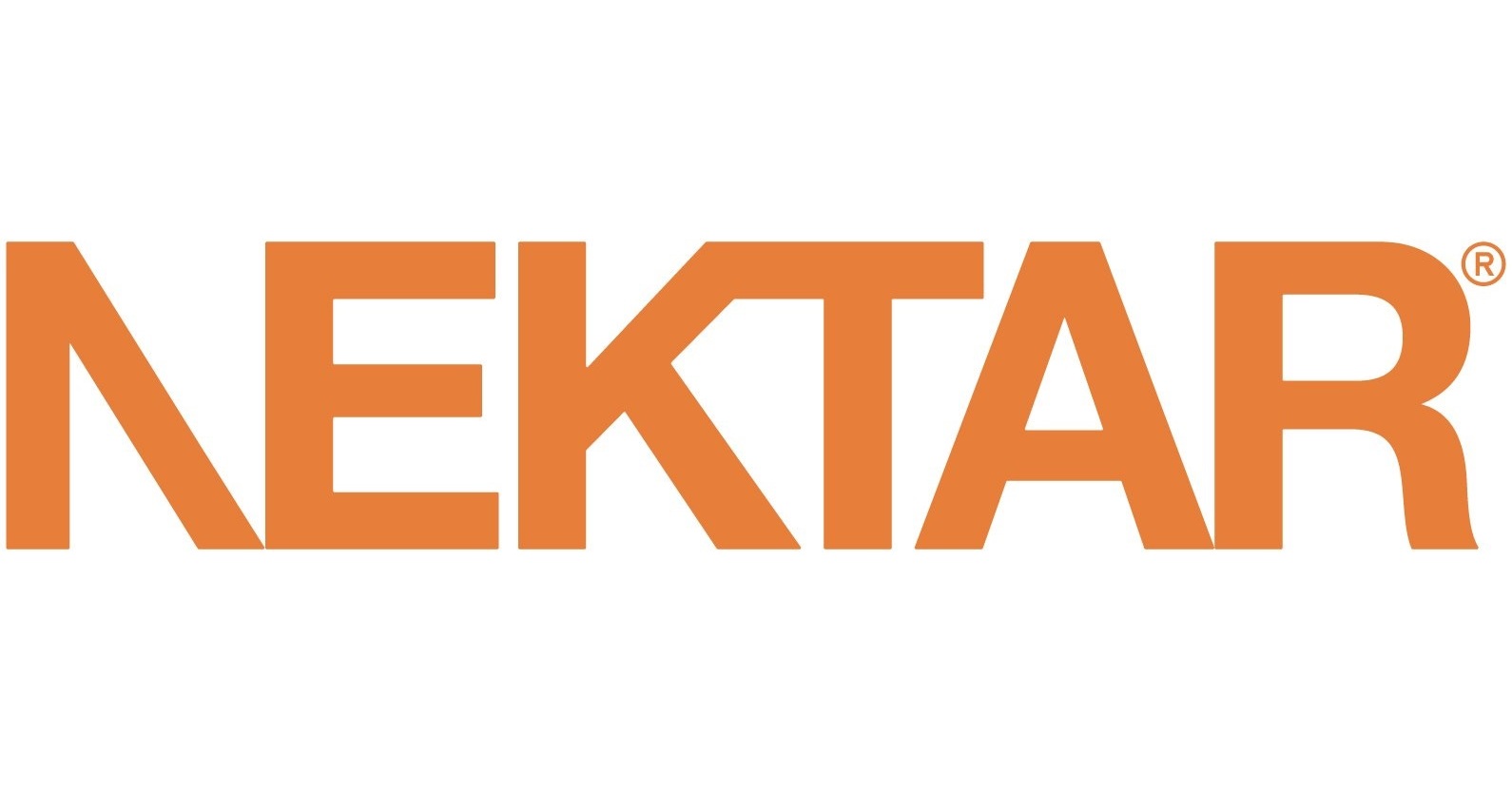New data to be presented at the American Society of Breast Surgeons Annual Meeting shows fluid and body composition assessments improve early detection accuracy
, /PRNewswire/ -- ImpediMed, a leader in medical technologies to clinically monitor and manage fluid and body composition, announced today that it will present new results from a breast cancer-related lymphedema (BCRL) study during a poster session at the American Society of Breast Surgeons (ASBrS) Annual Meeting in Las Vegas, NV on Friday, May 2nd at 6:00 p.m. in the Bellagio Grand Ballroom.
Titled "The Importance of a Pre-Treatment Baseline When Screening Patients for Breast Cancer–Related Lymphedema," the study underscores the need to measure fluid and body composition before cancer treatment begins. Findings from the PREVENT trial revealed that without a pre-treatment baseline, up to 71% of patients monitored with bioimpedance spectroscopy (BIS) and up to 88% of those monitored with tape measure would not have been identified as having early signs of lymphedema—potentially missing the window for early, more effective intervention.
ImpediMed Chief Medical Officer, Steven L. Chen, MD, MBA, the study's lead author, will present the findings at ASBrS.
"This evidence reinforces the critical importance of establishing an easy-to-perform, baseline measurement for fluid and body composition, one that improves the likelihood of detecting BCRL as early as possible so lymphedema treatment can begin at its most reversible stages," said Dr. Chen. "These findings highlight the importance of paying attention to lymphedema risk even as the cancer treatment is being planned."
The results stem from PREVENT, the largest randomized control trial to assess lymphedema prevention, in 1200 women, which monitored progression to chronic BCRL following intervention for early BCRL assessed by both BIS and a traditional tape measure. These baseline assessments performed prior to breast cancer treatment increased the likelihood that patients developing BCRL would be detected at an earlier stage post-treatment.
"Breast cancer-related lymphedema often stems from lymph node removal, radiation, or chemotherapy, and its impact goes far beyond discomfort—it can limit mobility and carry a significant financial burden," said study co-author John Boyages, MD, PhD, author of Lymphoedema –– Taking Control, a book he wrote after witnessing firsthand the physical and emotional trauma of lymphedema in many of his breast cancer survivor patients. "I firmly believe in the power of early detection and have used this technology since 2007. By identifying lymphedema before it's visible or measurable with a tape, it gives us a crucial window to intervene early and help prevent a lifelong, irreversible condition."
Lymphedema, a common consequence of cancer treatment, poses significant challenges in healthcare. According to the American Cancer Society 58% of cancer patients diagnosed with breast cancer, melanoma, or pelvic area cancers are at risk for developing limb lymphedema, and over 80% of breast cancer patients are at risk.
As a pioneer in the field of lymphedema detection and monitoring, ImpediMed offers the only FDA-cleared bioimpedance spectroscopy (BIS) solution for the clinical assessment of lymphedema –– SOZO® Digital Health Platform. ImpediMed's platform is now recommended in clinical practice guidelines nationwide and is broadly accepted and recognized for effective and accurate screening of lymphedema.
The National Comprehensive Cancer Network (NCCN) recently updated its Breast Cancer Clinical Practice Guidelines and advises on pretreatment screening as a baseline for patients with lymphedema risk factors, reinforcing the importance of baseline measurements to support early lymphedema detection.
"I'm proud to support research that highlights the benefits of closer monitoring for breast cancer survivors," said Scott Long, newly appointed Senior Vice President of Sales at ImpediMed. "It's rewarding to see survivorship care gaining momentum—something I've championed throughout my 30-year career in breast cancer biopsy and device development."
About SOZO Digital Health Platform
SOZO, the world's most advanced, non-invasive bioimpedance spectroscopy (BIS) device, delivers a precise snapshot of fluid status and tissue composition in less than 30 seconds. Using ImpediMed's BIS technology, SOZO measures 256 unique data points over a wide spectrum of frequencies from 3 kHz to 1000 kHz. Results are available immediately online for easy data access and sharing across an entire healthcare system. The FDA-cleared, CE-marked and ARTG-listed digital health platform aids in the early detection of secondary lymphedema, provides fluid status for patients living with heart or renal failure, and can be used to monitor and maintain overall health – all on a single device.
About ImpediMed
ImpediMed is a leading global medical technology company that designs and manufactures medical devices that employ bioimpedance spectroscopy (BIS) technology for use in the noninvasive clinical assessment and monitoring of fluid status and tissue composition in patients. The company consistently drives innovation, directing its primary efforts toward addressing the specific challenges and devastating burden of secondary lymphedema with a focus on breast cancer-related lymphedema (BCRL). With its SOZO® Digital Health Platform and L-Dex®, ImpediMed is the only company to offer an FDA-cleared technology that uses BIS and is setting new standards in early detection and management of BCRL. For more information, please visit www.impedimed.com.
About the PREVENT Trial
The PREVENT trial is a pivotal study and the largest randomized controlled trial to assess lymphedema prevention. The study enrolled 1,200 patients across 10 trial sites in the US and Australia, involving 13 hospitals, including Vanderbilt University, Mayo Clinic and MD Anderson. The trial was conducted over six and a half years and patients were followed for up to three years, with the primary aim to determine if early intervention in patients with subclinical detection of extracellular fluid accumulation via bioimpedance spectroscopy results in a lower rate of lymphedema progression versus the rate when tape measure is used for subclinical detection. The manuscript is published in Lymphatic Research and Biology.
The results of the trial demonstrated that patients with early detection with L-Dex™ technology and at-home intervention with compression garments resulted in a 7.9% rate of chronic lymphedema compared to a 19.2% rate of chronic lymphedema using tape measure. The difference is statistically significant (p=0.016) as well as being clinically significant for patients and clinicians. This represents an absolute reduction of 11.3% and a relative reduction of 59% in lymphedema progression at three years.
Media Contact:
Jodi Perkins
Amendola Communications, on behalf of ImpediMed
[email protected]
SOURCE ImpediMed

WANT YOUR COMPANY'S NEWS FEATURED ON PRNEWSWIRE.COM?
![]()
440k+
Newsrooms &
Influencers
![]()
9k+
Digital Media
Outlets
![]()
270k+
Journalists
Opted In
.png)
 German (DE)
German (DE)  English (US)
English (US)  Spanish (ES)
Spanish (ES)  French (FR)
French (FR)  Hindi (IN)
Hindi (IN)  Italian (IT)
Italian (IT)  Russian (RU)
Russian (RU)  4 hours ago
1
4 hours ago
1









Comments